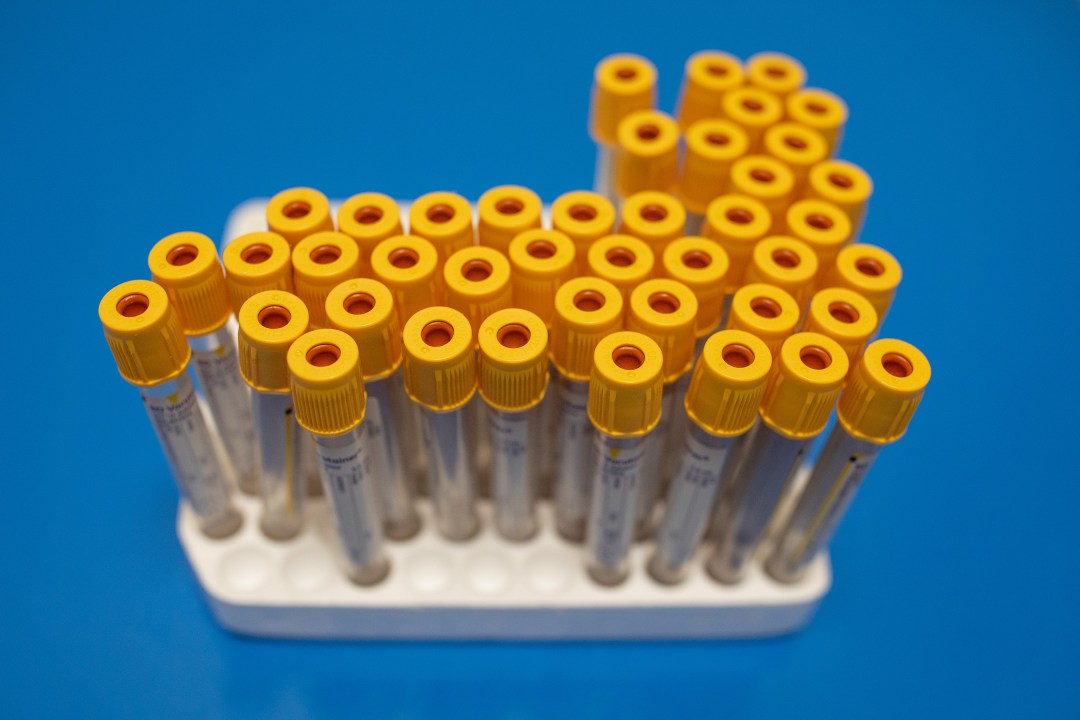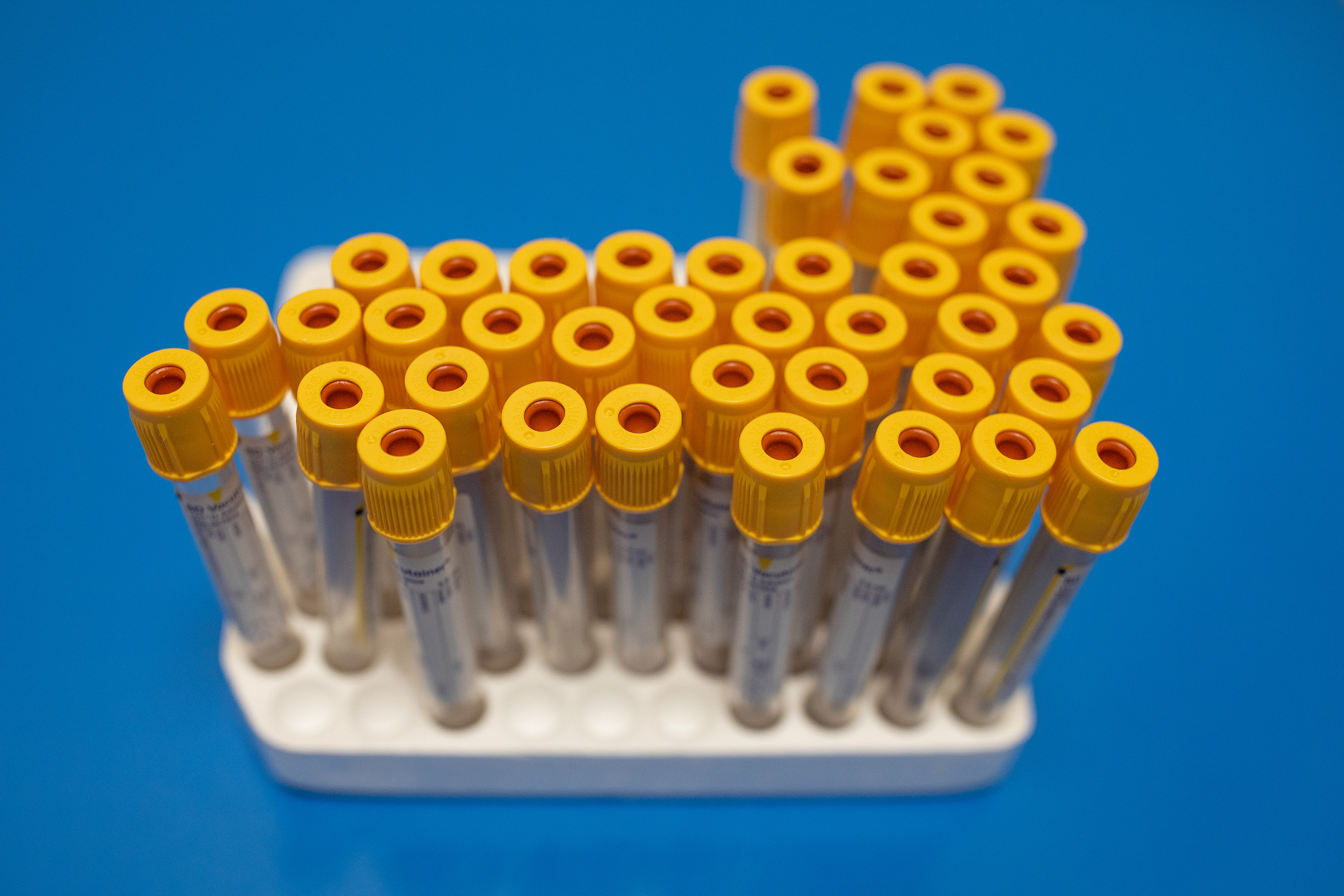Imperial College’s latest React study — an attempt to measure the spread of Covid by testing the general population — suggesting that the number of people in Britain carrying antibodies for the SARS-CoV-2 virus has dropped sharply over the past three months. This led a few headline-writers to run somewhat ahead of the facts. ‘Covid immunity only lasts a few months,’ claimed one. The reality is a lot more complex — indeed, one of the possible interpretations of the Imperial study is that more people have some level of immunity than has previously been believed.
The React study tested 365,000 adults between late June and September, using a self-administered finger prick test to detect for the presence of antibodies. It was a binary test: it did not record the levels of antibodies in the volunteers’ blood — it gave a ‘positive’ response when antibodies reached a certain level and a negative response otherwise. In late June, found the researchers, 6 per cent of the randomised sample had antibodies (with a margin of error of 5.8 per cent to 6.1 per cent). Yet by September, this had fallen to 4.4 per cent (4.3 per cent to 4.5 per cent). The decline in proportion of people carrying antibodies was especially large among the over-75s but much less pronounced among 18 to 24-year-olds. Children were not included in the study.
If antibodies were our only defence, surely we would be seeing vast numbers of reinfections?
The findings led the authors to comment: ‘These data suggest the possibility of decreasing population immunity and increasing risk of reinfection as detectable antibodies decline in the population.’ It is only a ‘possibility’ because antibodies are not the be-all and end-all of the human body’s immune system. Antibodies are the first line of defence against a virus because they prevent it from getting into our cells. But if the virus does manage to get inside our cells it can also be killed off at that stage by ‘T-cells’. The level of antibodies to SARS-CoV-2 in a person’s blood tells us nothing about the strength or weakness of the T-cell response. Nor, indeed, do we yet know what level of antibodies is required to fight off the virus — it might be higher or lower than the threshold used in the React study.
If antibodies were our only or main defence against Covid-19, surely we would be seeing vast numbers of reinfections by now, as antibody levels declined in the population. In fact, there have been only five documented cases in the world — out of nearly 44 million cases recorded globally. None have been recorded in Britain. Moreover, as I wrote here recently, there are even questions as to whether those are genuine cases of reinfection. Could we really be missing significant numbers of reinfection caused by the decline in antibodies among the population? It is hard to credit.
The declining level of antibodies, combined with the minimal number of reinfections, suggests another possibility: that T-cell response is really rather important in fighting off Covid-19. Indeed, could there be large numbers of people who have never produced much in the way of antibodies and yet have developed a good level of immunity from the virus?
Ever since the spring, antibodies have been used as a marker for how many people have had Covid-19 and what proportion of the population might be immune. In the React study, and also in the similar ONS study, antibodies have suggested that a maximum of 6 to 7 per cent of the population have had the disease. Could the true level be much higher than that?
Interestingly, the React study showed that the decline in the number of people with antibodies to SARS-CoV-2 was especially high among people who had never shown any symptoms of the disease. In their case, the proportion with antibodies fell by 64 per cent between June and September, compared with a fall of 22.3 per cent among people who had had their infection confirmed with a PCR test at the time. In other words, those who didn’t fight off the disease so well the first time around seem to retain antibodies for longer.
The usual caveats apply to the React study as apply to much Covid research — it has been made available pre-publication and hasn’t yet been peer-reviewed.








Comments